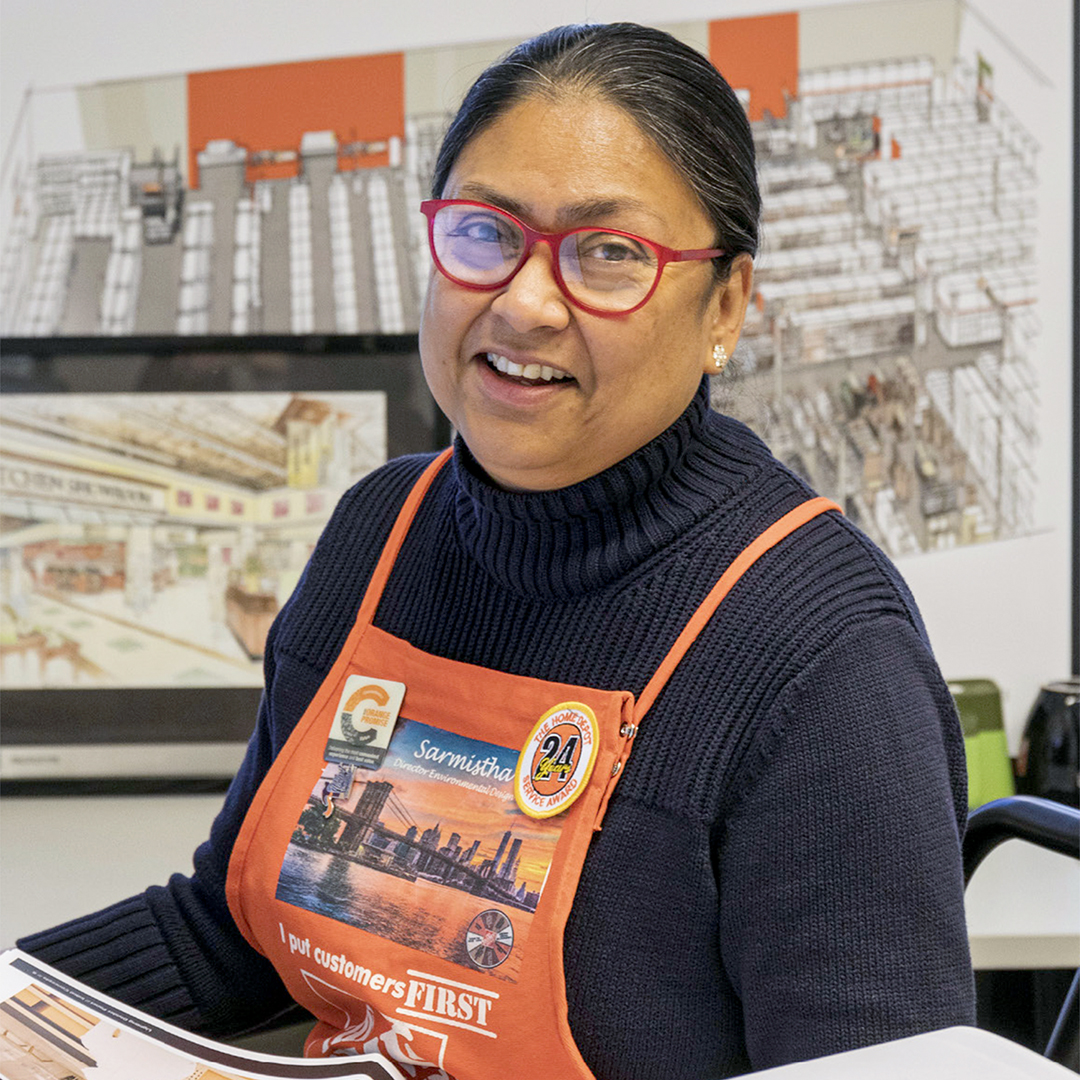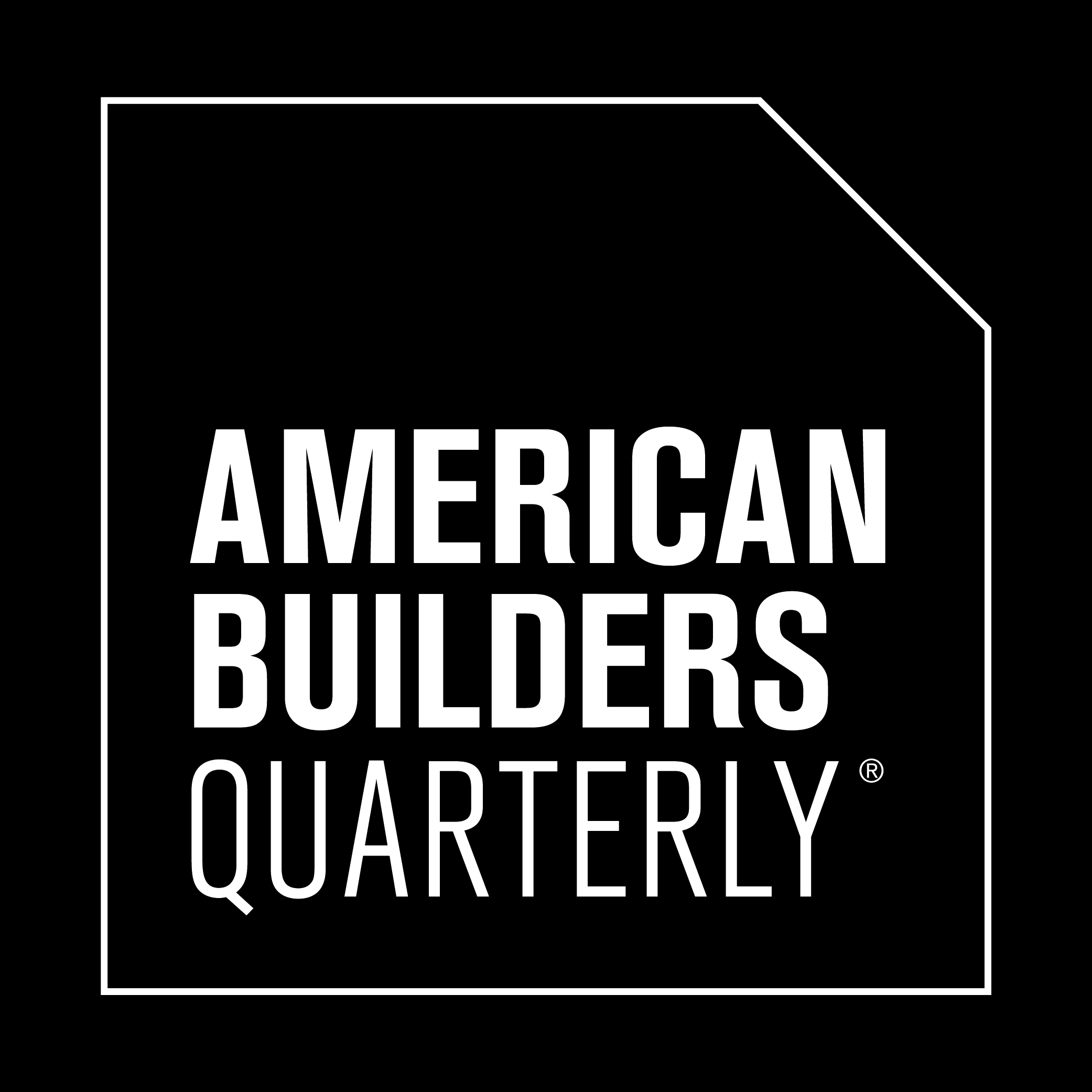|
Getting your Trinity Audio player ready...
|
The Dallas Area Rapid Transit (DART) system’s platform extension project is just one example of a project that can act as a force multiplier—for both a region and public transit agency. The $130 million endeavor combines federal, state, and local dollars to extend platforms to accommodate additional light rail cars, meeting the growing population and demand of a Dallas passenger base that has learned to rely on its state-of-the-art public transportation system.
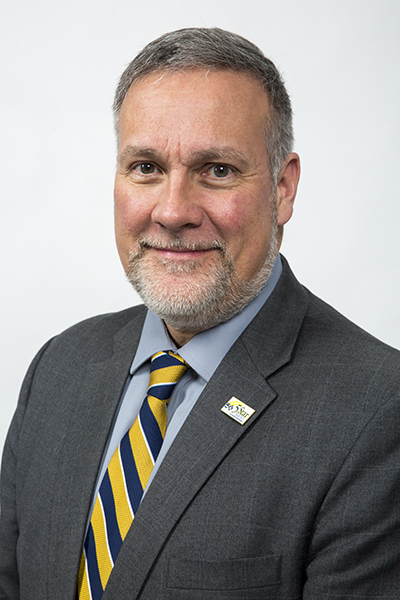
Behind the scenes shepherding that project and many others is Tim McKay, DART’s executive vice president of growth and regional development. McKay, an engineer by background, is always looking for projects to serve a wide variety of opportunities, offering top-notch customer service for passengers while serving as a force for economic good.
The platform extension project is a good example of those combined efforts. McKay says the company “intentionally broke these platforms into small- and medium-sized chunks [for contracts] so that small- and medium-sized businesses could compete and win a prime contract directly with DART.”
Around 80 percent of those business contracts go toward firms that are minority-, disadvantaged-, or women-owned businesses. Those firms get a chance to work on a city-changing project that can also change the trajectory of their respective businesses. “These are teams and companies with employees that live here and work here,” McKay says. “We invest in them and they, in turn, invest in us.”
The expansion of opportunities for contracts is just one way that McKay, under the leadership of DART’s President and Executive Director Gary Thomas, doesn’t want to leave any opportunity to serve the broader community left undone—something that applies directly to DART’s mission as a “five-star” service public agency.
It fits in well with the senior leadership role that McKay has risen to after 37 years, a lifelong learning experience that he looks at now as “just God preparing me for my current duties.”
McKay grew up in a small town in Michigan and brings an ethos of public service to his work. “My faith tells me that we should share of our talents and of our resources,” he explains. “As a servant of the public, it is important that we are good stewards of public funds, and we provide mobility to people so that they can enjoy a better life. It is important for us to do our very best for all of them, and to serve them with the dignity and honor they deserve.”
It’s also why DART is involved with social service agencies beyond the scope of transportation, seeking to help combat human trafficking and assist the homeless through partnerships with key organizations. For example, during the COVID-19 epidemic, a DART provider had capacity due to decreased ridership, “so the excess capacity was used to deliver over 75,000 meals to families for our service area,” McKay says.
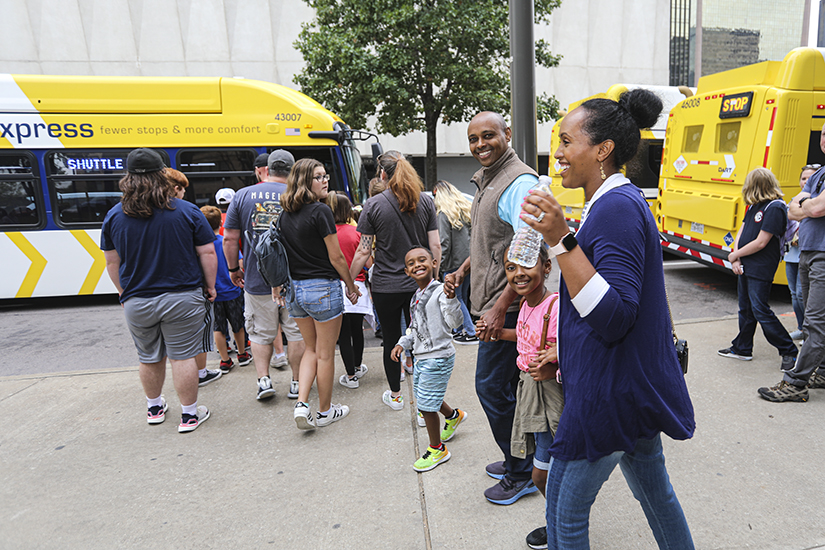
“DART is part of the fabric of the community, and the employees at DART are caring and giving people that see their responsibility not only as providing essential services to our patrons,” he continues, “but the employees at DART also work towards supporting community causes on their own time.”
As a long-time veteran of DART since 2001, McKay also feels an obligation to mentor a new generation of engineers and leaders at the agency. Helping others achieve their dreams has become one of the most satisfying parts of the job, he asserts.
“The best programs that I get to participate in are related to internships, young professionals, and collegiate affiliations because young engineers get the opportunity to learn and see technical skills and soft skills in action, and for me, passing on knowledge gained in the form of teaching is very rewarding,” McKay says.
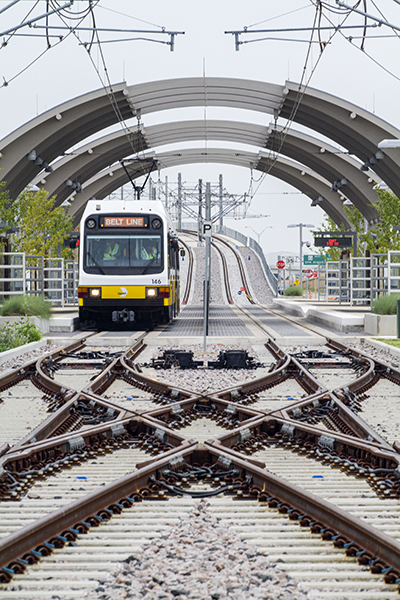
That mentorship doesn’t take away from a demanding day job, where McKay helps oversee the largest light rail network in the country with plans for more. Dallas is an increasingly connected region, and DART is working to better connect those areas with the airport and the regions to each other through downtown.
McKay knows that autonomous transportation is the future, but he sees public transportation agencies being at the center of that future and playing a crucial role. DART has explored efforts to connect passengers to their destination through not only light or commuter rail but bicycle and rideshare services. Autonomous vehicles, McKay and DART management believe, will be a part of the option available for transportation—not a total replacement of existing options.
Figuring out the best role for DART to play is where the agency and McKay’s ethos of service meet. The job is about keeping track of tax dollars and spending wisely but also, above all, serving communities. “It really means that our projects and programs are about more than just bricks-and-mortar.”
